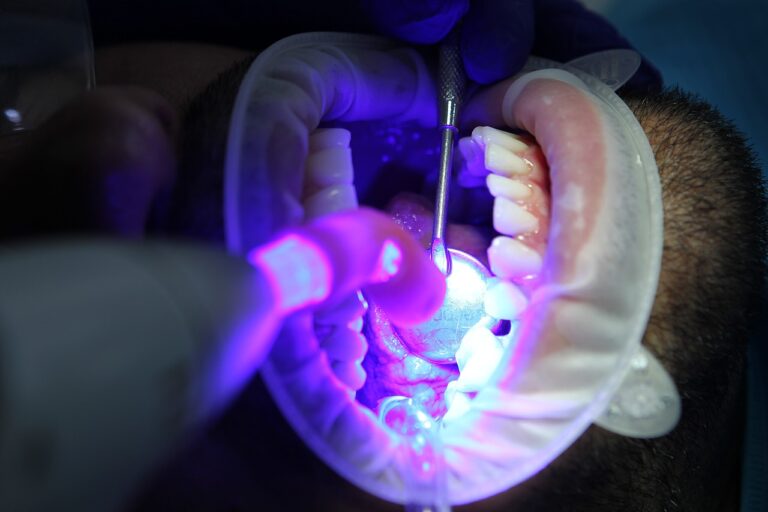Gene Editing: Ethical Considerations and Medical Applications
Gene editing technology has revolutionized the field of genetics by enabling precise modifications to DNA sequences. Through tools like CRISPR-Cas9, scientists can target specific genes within an organism’s genome and make changes with unprecedented accuracy. This technology has opened up new possibilities for genetic research, disease treatment, and even potential enhancement of traits in living organisms.
One of the key advantages of gene editing is its efficiency and versatility in targeting different types of genetic mutations. Researchers can use gene editing tools to correct harmful mutations, introducing the potential for treating a wide range of genetic disorders. Additionally, gene editing technology has shown promise in agricultural applications, allowing for the development of crops with improved resilience to environmental stressors or enhanced nutritional content.
History of Gene Editing in Medicine
Gene editing in medicine has revolutionized the way we approach genetic disorders and diseases. The journey of gene editing in medicine began with the discovery of restriction enzymes in the 1970s, allowing researchers to cut and manipulate DNA sequences. This breakthrough laid the foundation for more advanced techniques like CRISPR-Cas9 which have significantly accelerated the progress in genetic engineering.
As the field of gene editing continued to grow, scientists started exploring its potential applications in treating inherited genetic disorders. The first successful gene therapy trial took place in 1990 when Ashanti DeSilva became the first patient to receive gene therapy for adenosine deaminase deficiency. This marked a significant milestone in the history of gene editing in medicine, sparking hope for new treatments for genetic diseases.
Ethical Concerns Surrounding Gene Editing
When it comes to gene editing technology, the potential for misuse and unintended consequences raises significant ethical concerns. One major issue is the fear of designer babies, where parents may choose specific genetic traits for their children, sparking debates about genetic enhancement and creating a divide between those who have access to these technologies and those who do not.
Additionally, there are worries about the potential for genetic discrimination based on edited genetic traits. This could lead to societal divisions based on genetic makeup, raising concerns about inequality and the ethical implications of using genetic information to discriminate against individuals. Balancing the benefits of gene editing with these ethical concerns remains a complex challenge as this technology continues to evolve.





